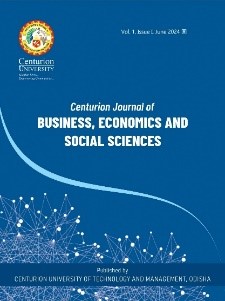2.1.10 Strengthening Alternative Dispute Resolution (ADR) for Easier Access to Justice in India
Lokanath Maharana,
KIIT School of Law Bhubaneswar, Odisha
DoI: CJBES/ Vol.2.1/ June-2025…
Abstract:
Access to justice is a basic right as per Article 39A of the Constitution of India, whereby the state is committed to providing equal justice and free legal assistance. Yet, the Indian judicial framework has been infested with delays, arrears, and procedural complexity for years, rendering most individuals inaccessible to justice. As of 2024, more than 50 million cases are pending across Indian courts, with some remaining on the shelf for decades. This crisis calls for a revolution of Alternative Dispute Resolution (ADR) mechanism, which provides quicker, cheaper, and amicable solutions to disputes’ has mechanisms like arbitration, mediation, conciliation, and negotiation, which operate outside the conventional court litigation. ADR has not been utilized to its potential, though, by way of unawareness, institutional capacity, and problems of enforcement. This research paper discusses the current state of ADR in India, determines the defining challenges, and proposes reforms to strengthen ADR mechanisms for improved access to justice. The study relies on a mix methodology wherein legal provisions, judicial precedents, and empirical studies are examined to assess the effectiveness of ADR.
Keywords:
Alternative Dispute Resolution (ADR), Access to Justice, Arbitration and Mediation, Judicial Reforms, Legal Framework in India.

